Tart, slightly coniferous, with a touch of the sea - this is how those who have encountered it at least once characterize the rosemary aroma. Hearing this smell, it is difficult to forget and impossible to confuse with any other.
An evergreen shrub plant belonging to the family Iasnatkovye, came to Europe from the countries of the Mediterranean basin. Rosemary's love of the sun and heat allows it to grow in other geographical areas - in the Caucasus, Central Asia and Crimea. Under natural conditions, the shrub can reach two meters in size, but at home it is unlikely to grow more than 50 centimeters.
The love of spice gave birth to many of the lyrical names of the plant - sea dew, a wedding flower, an obscure dress. The appearance of such romantic names is associated, first of all, with the beauty of a flowering rosemary bush - white, pink, blue.
However, this plant is famous not only for appearance during the flowering period. It is widely used in cooking, aromatherapy, cosmetology and medicine. The popularity of the plant gave an impetus to a deep study of the healing properties of rosemary and contraindications to its use.
Content
What is rosemary and the chemical composition of spices
The bush is an evergreen plant with thin and slightly bent leaves at the edges that resemble conifers in shape. The younger the needle, the more specific fluff on it. It is these leaves that exude that delicate aroma.
The plant has a fairly powerful root system and the brown color of the stems. Flowering period - mainly in spring. At this time, the plant is covered with flowers painted in shades from lilac to white. At the end of flowering, small fruits similar to a brown nut are formed.
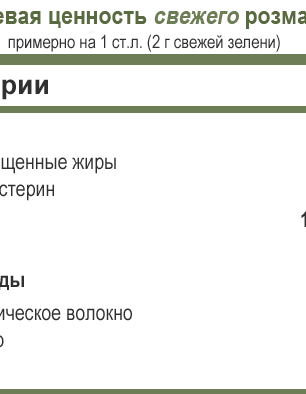
A feature of the plant is its spicy island flavor and astringent, slightly coniferous, aroma. It is these features that contribute to the popularization of the product in many areas of life.
To understand how to use rosemary correctly, you should understand what it is - a spice or a medicinal plant. The popularity of the plant in both cooking and medicine is due to its chemical composition.
Dry rosemary has a calorie value of 331 kcal per 100 g. The composition of the spice contains:
- carbohydrates - 64 g;
- dietary fiber - 42 g;
- fats - 15 g;
- proteins - about 5 g.
- linalool;
- borneola;
- terpineol;
- camphenes;
- cineola;
- bitterness;
- pitches.
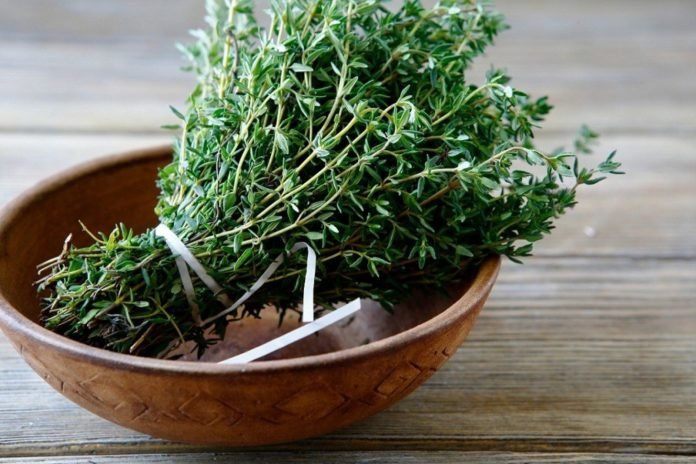 You may be interested in:
You may be interested in:In addition, the vitamin complex is also widely represented. Most in the plant is vitamin C, group B and PP. The set of trace elements is also diverse and extensive: potassium, magnesium, calcium, sodium, phosphorus, iron, zinc, copper. With such a rich composition, the benefits of fresh and dry rosemary are not in doubt.
Where to add rosemary and how to make seasoning?
Rosemary is widely used in the cuisines of the peoples of the Mediterranean, having spread from there around the world. Due to the rich spicy aroma, a small amount of spice is used.
As a culinary supplement, seasoning is used both in fresh and dried form, not only leaves are used, but also the stems and flowers of the plant. For the preparation of spices, only young leaves and shoots are taken - no older than one year.

The collected raw materials are dried in a dark place with good ventilation, and then crushed to a powder state, and stored in containers with a tight lid so that a special spicy aroma does not disappear.
The powder is used independently and in complex seasonings for industrial and home production:
- For the preparation of minced meat and game dishes. You can add a few fresh twigs, a pinch of powder, or use a mixture of rosemary, black pepper and basil. Such dishes have a general tonic effect on the body, improve digestion and allow you to digest especially fatty foods.
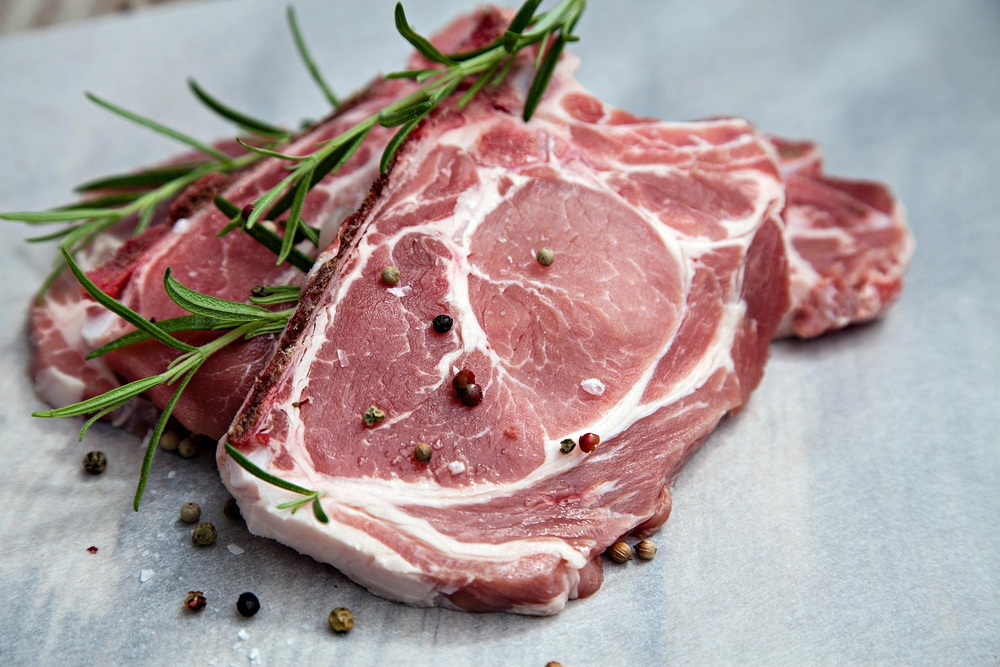
Rosemary meat - Fish dishes only benefit from the use of seasoning. The best is considered a combination of thyme and rosemary. The combination of two seasonings has a strengthening effect on the immune system and serves as a prophylaxis of viral and colds.
- A small amount of rosemary - dry or fresh - is added to vegetable salads and soups. He adds special piquancy to such dishes. A combination of spice with white and red cabbage is considered classic. It is used in the preparation of eggplant, spinach, peas, as well as potato dishes.
- Spicy rosemary perfectly complements the taste of cheeses and serves as an ingredient in the preparation of a variety of sauces.
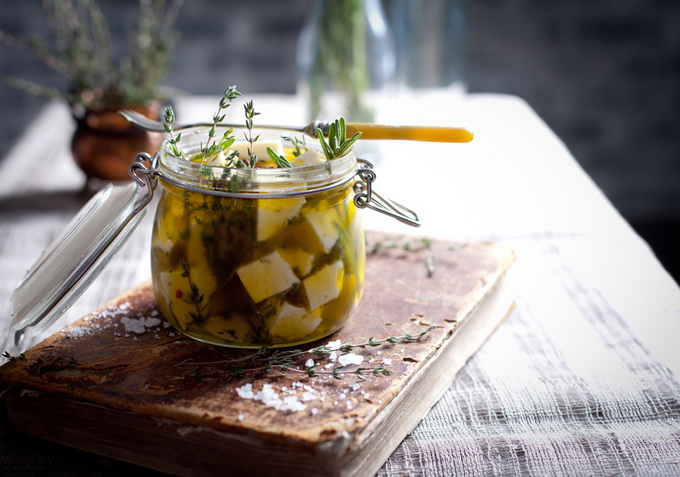
Rosemary marinated cheese - Home or industrial preservation is also not without spice. To obtain a unique taste, it is added to marinades.
- Bakery products with seasoning are especially popular due to their unusual taste and aroma.
- Rosemary is used to flavor the salt - when it is used, the dish acquires a light piquant shade and is devoid of intense smell.
Since rosemary does not have much effect on the hormonal system, its use is allowed in the evening. However, you must be careful not to abuse the seasoning, and it is especially undesirable to combine it with other spices that have an intense aroma, for example, with bay leaf.
Medicinal properties and use of rosemary
For medicinal purposes, young shoots and leaves collected before or at the beginning of flowering of the plant are used. It is important that in this case, the collection of raw materials is carried out not from wild, but cultivated by man bushes.
The main medical indications of spices include the following:
- Increased immunity, the fight against inflammation, air disinfection in the presence of viruses and bacteria in it. The ability of rosemary to fight colds and bacteriological infections is well known.
- Stabilization of arterial pressure, in case of its decrease, as well as improvement of the cardiovascular system.
- Fight against nervous exhaustion, stress and depression. It is good to use as a sedative for disorders of the nervous system during menopause.
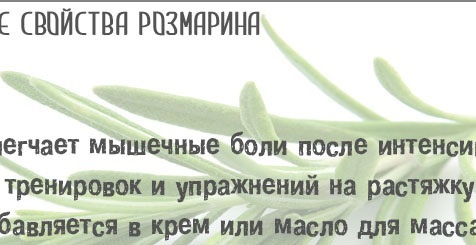
Healing properties - Favorably affects the work of the gastrointestinal tract, stimulates the bile ducts, provides better assimilation of food.
- Provides a wound healing effect.
- Improves cerebral circulation, stimulates memory, especially in post-stroke conditions.
- Serves as a rejuvenating and tonic for the skin, is an excellent antioxidant.
- Herb baths are effective for rheumatism and other joint inflammations.
- Plant oils are effective for coughing.
Such wide possibilities of herbs are fixed in many recipes of traditional medicine.
Leaves
The main source of nutrients are rosemary leaves. Fresh or dried, they are widely used for the preparation of a variety of medicinal and prophylactic agents.
Leaves serve as the basis for the preparation of infusions, decoctions, tinctures, tea, which are effective in a variety of diseases. However, it must be remembered that any herbal treatment is permissible only after consulting a doctor.
 You may be interested in:
You may be interested in:Oil
The undoubted value of rosemary is its smell, or rather, the aroma of the plant's essential oil. It can be prepared independently at home or purchased ready-made. For self-cooking, several branches of the plant must be filled with high-quality olive oil, and placed in bright sunlight. So the plant will give a maximum of beneficial properties and aromatic components. Insist the product for a month and a half, after which it is filtered and stored in a glass container with a tight lid, in a dark place.
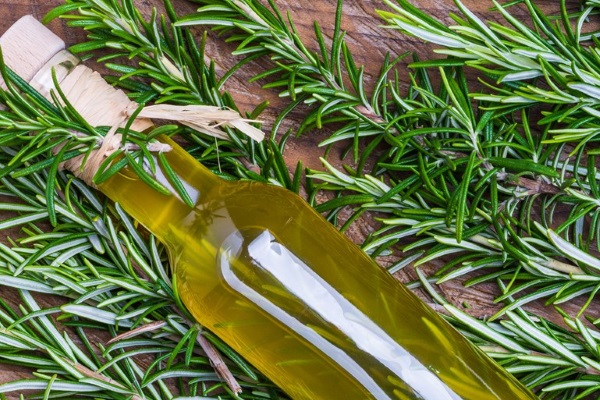
Essential oil is directly obtained under industrial conditions. It is effective as a means of massage or an element of aromatherapy, it fights well with respiratory diseases. The main condition for its safe use is the obligatory dilution with other oils or creams, since in its pure form pharmacy rosemary oil is too concentrated and can cause discomfort on the skin.
The effectiveness of the drug has been proven for headaches, distraction, decreased performance, memory problems. To obtain the desired effect, a few drops are applied to the temporal region and thoroughly massaged. Quite often, with headaches, there is no longer any need for analgesics - rosemary oil successfully relieves pain.
Decoction
A rosemary decoction is taken orally and used externally. For its preparation, two teaspoons of dry grass is poured with a glass of boiling water and heated on a gentle fire for about 20 minutes. After being filtered.
The resulting product is effective in the treatment of cough and colds. For these purposes, it is taken in a teaspoon 30 minutes before a meal.
Such a decoction is effective in the form of lotions or baths for inflammation of the joints.
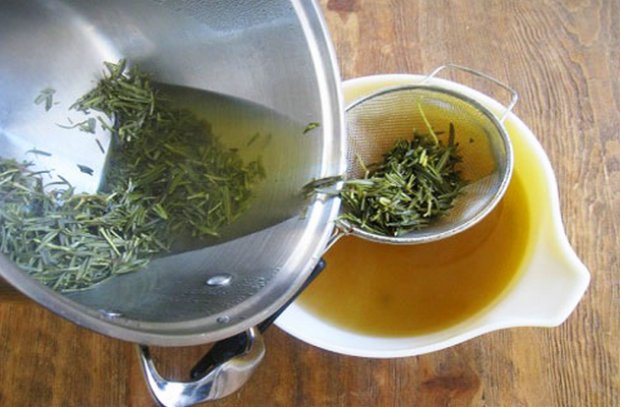
With migraines, steam inhalation with a decoction helps well. Take 2 tablespoons of dry grass per liter of water, boil and then inhale the vapors until the headaches disappear.
To stimulate the digestive tract, tea is prepared from leaves: 1 tablespoon of dry rosemary is filled with 200 ml of boiled water. Accepted during the day to improve the functioning of the stomach and intestines, cleaning the liver.
Infusion
To prepare an aqueous infusion, 15 g of a dry plant is poured with a glass of boiling water and insisted for 30 minutes. After filtered and used as intended.
With infections of ENT organs, the resulting infusion is drunk throughout the day in equal portions. It is suitable for gargling.
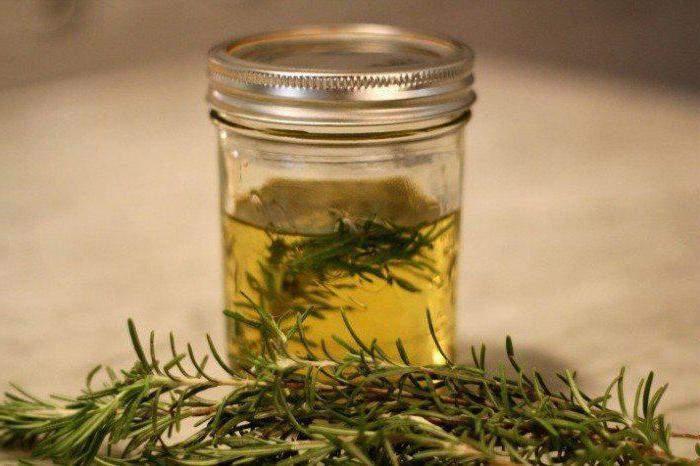
With bloating, it is advisable to take the drug before meals.In addition, doctors recommend using diluted infusion as a means of restoring blood circulation after a stroke.
Alcohol tincture is also effective for viral and colds, for grinding. It is prepared as follows: 2 tablespoons of dried leaves pour 200 g of alcohol or vodka, insist 10 days and filter. 25 drops of the resulting product are added to two tablespoons of water and taken three times a day before meals.
In cosmetology
The positive effect of rosemary on the skin contributes to its active use to solve many cosmetic problems. The antioxidant effect of the plant promotes skin rejuvenation and toning. Rosemary extract and its oil are used in industrial cosmetology.
At home, lotions based on red wine or vodka are prepared to care for different types of skin. An alcohol base in the form of wine is suitable for dry skin, oily skin requires the use of stronger alcohol in the lotion.
To prepare such a tool, a tablespoon of fresh branches of rosemary is poured with one glass of alcohol, placed in a dark place and insisted for a month and a half, shaking several times a week. Then it is filtered and used as a lotion to cleanse and tone the skin of the face and neck.
To increase the effectiveness of finished cosmetic products, you can add a drop of oil or fresh plant juice to them. If you mix rosemary and tea tree oils, you get an antiseptic drug to combat acne and other inflammatory skin problems.
To process the skin, you can freeze a decoction or infusion of grass, and wipe the face and decollete area with such ice cubes. With regular use, the skin acquires an even color and noticeably tightens.
In addition, rosemary oil is able to break down subcutaneous fat, which is why it is often used to combat cellulite.
With angina and stomatitis
To treat inflammation of the mucous membranes of the larynx and mouth, an infusion of dry or fresh rosemary is used. A tablespoon of dried grass or two tablespoons of fresh poured 400 ml of boiling water and insisted for two hours. After the infusion is filtered, cooled and used to rinse the throat and mouth. The antibacterial property of rosemary will reduce treatment time and relieve symptoms of the disease.
Inhalation of bronchitis
Steam inhalations are good for getting rid of cough and cold symptoms. To do this, add a spoonful of dry or several shoots of fresh rosemary to a pot of boiling water. It is necessary to inhale the vapors, bending over the pan and covering himself with a towel.

The duration of the procedure is no more than 10 minutes.
Aromatherapy
With migraines, nervous agitation, stress, rosemary oil helps well. You can use a pharmacy or grind in your palms a twig of a fresh plant. The aroma of grass raises the mood, fights insomnia, stimulates mental activity. In addition, it disinfects air in viral infections.
For weight loss
For effective fat burning, nutritionists recommend the use of tea. The composition of the drink includes crushed chili peppers, a sprig of rosemary and regular black tea. Pour boiling water over the mixture and insist for three minutes. This tool burns calories and stimulates the metabolism, speeds up the digestibility of food and reduces appetite.
The main contraindications and harm rosemary
The benefits of rosemary are undeniable. Nevertheless, a high concentration of essential oils in the leaves of a plant may be contraindicated in certain categories of people:
- It is better for pregnant women to exclude greens from the diet and, especially, from the list of therapeutic agents. With a general tonic effect, it can significantly increase the tone of the uterine muscles and cause a miscarriage.
- Epileptics need to refrain from using spices. It can cause an attack and provoke convulsions.
- For people with hypersensitive skin, rosemary oil threatens severe burns due to the high concentration of active substances.
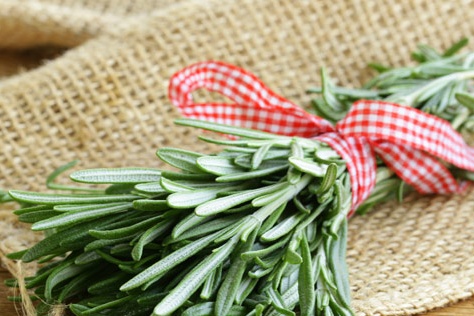
Contraindications rosemary - The ability of rosemary to increase blood pressure threatens with sudden jumps, which is especially dangerous for hypertension.
- It is advisable not to rush with the addition of rosemary to the diet for children under 6-7 years old. To add taste and aroma to food, it is advisable to use other seasonings.
Any deviations in the state of health before the active use of the herb must be agreed with your doctor.
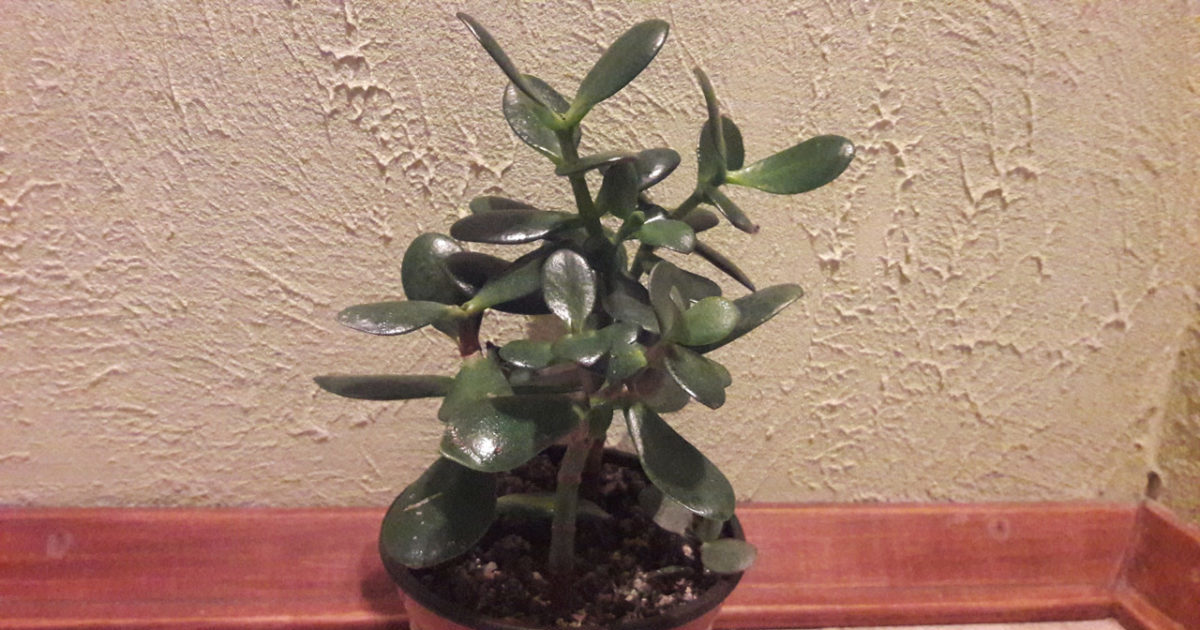 You may be interested in:
You may be interested in:Answers to Common Questions
The unusual taste and aroma of rosemary, as well as an abundance of useful properties - an occasion to pay attention to this Mediterranean bush. Proper and dosed use of it will make it possible to add variety to the familiar menu and significantly improve well-being.

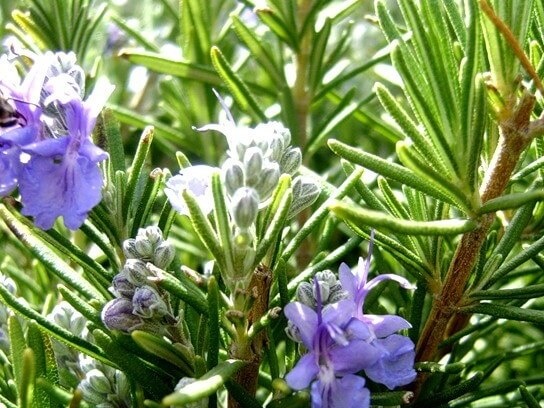
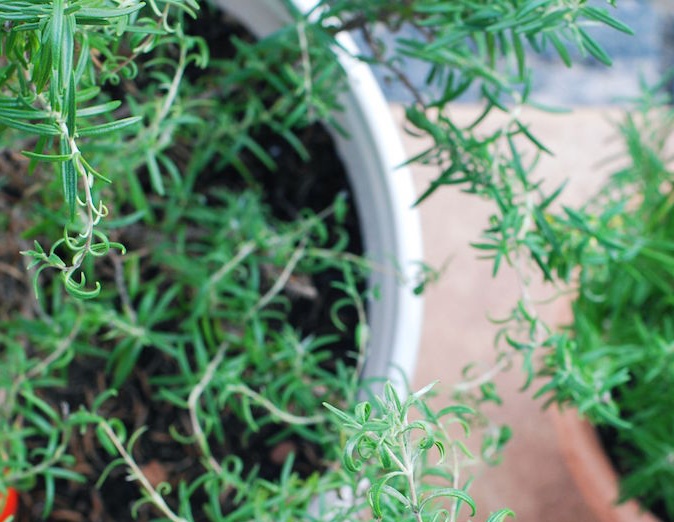
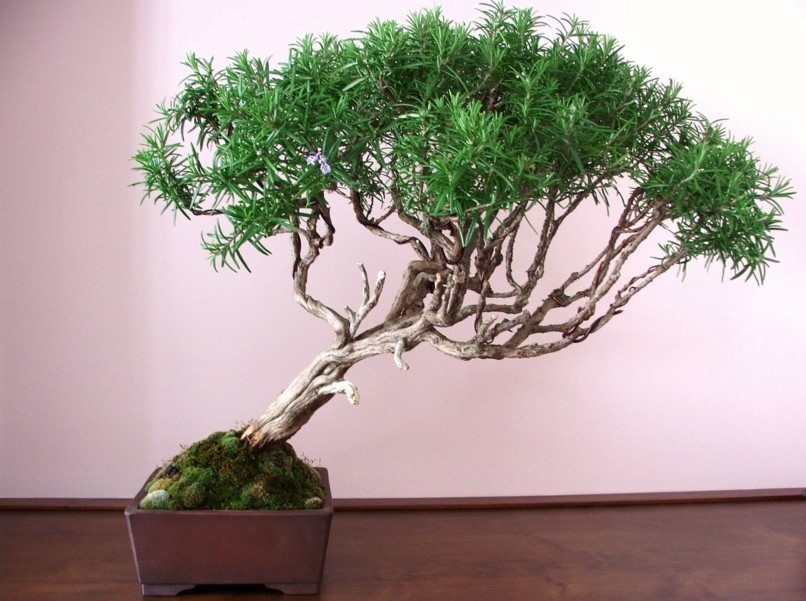
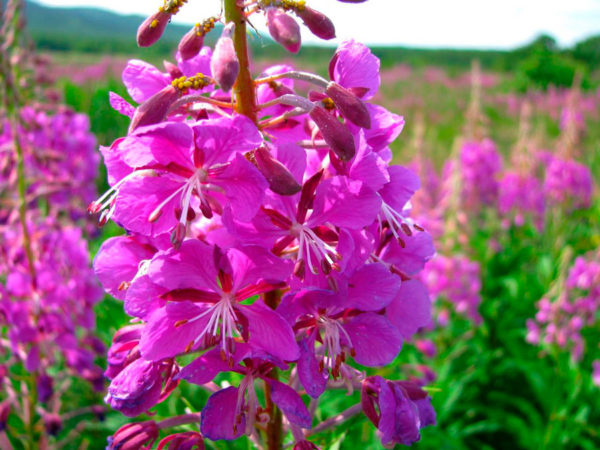
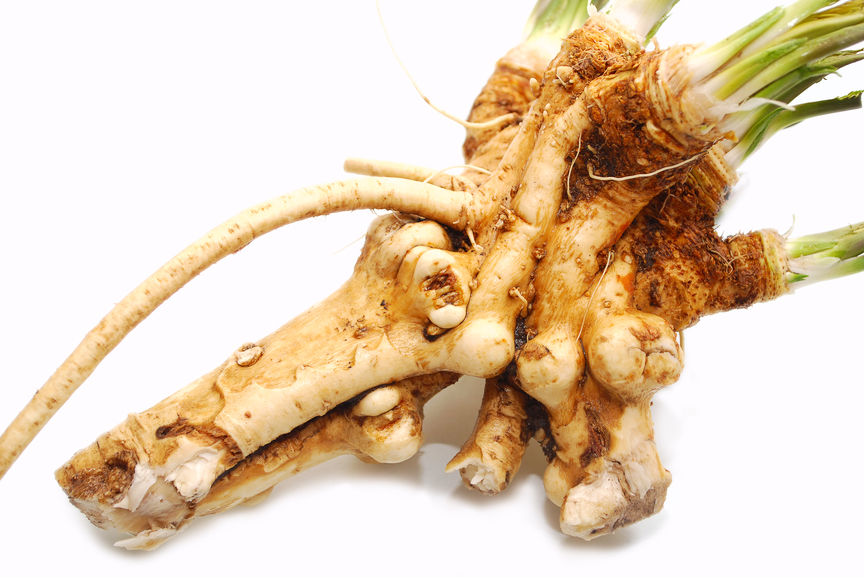
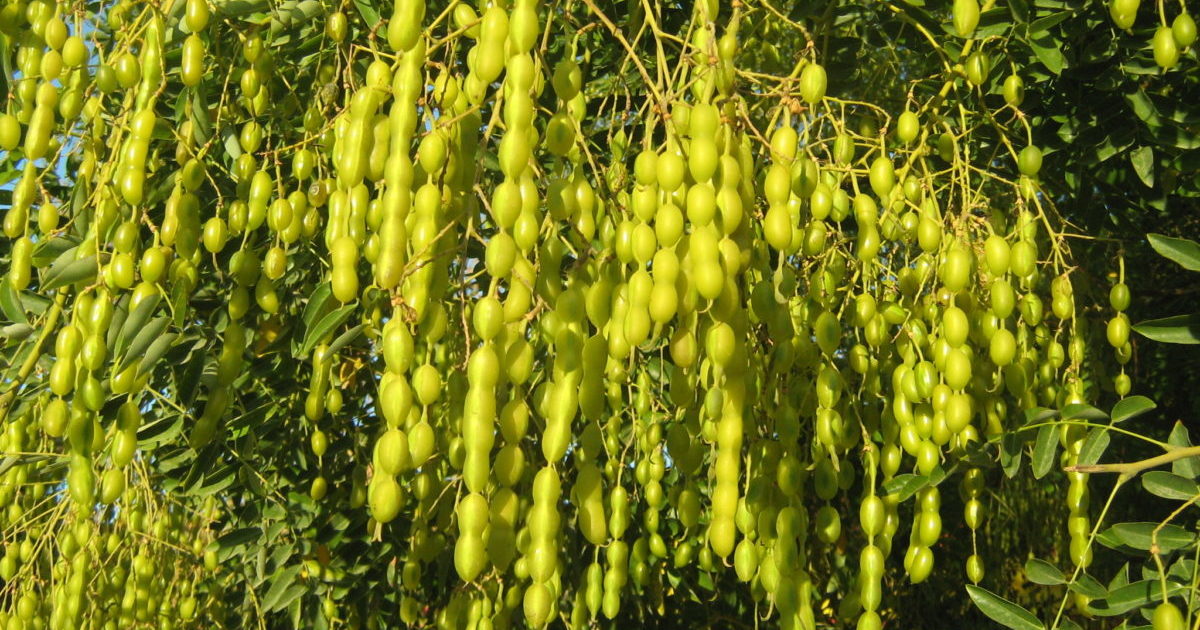
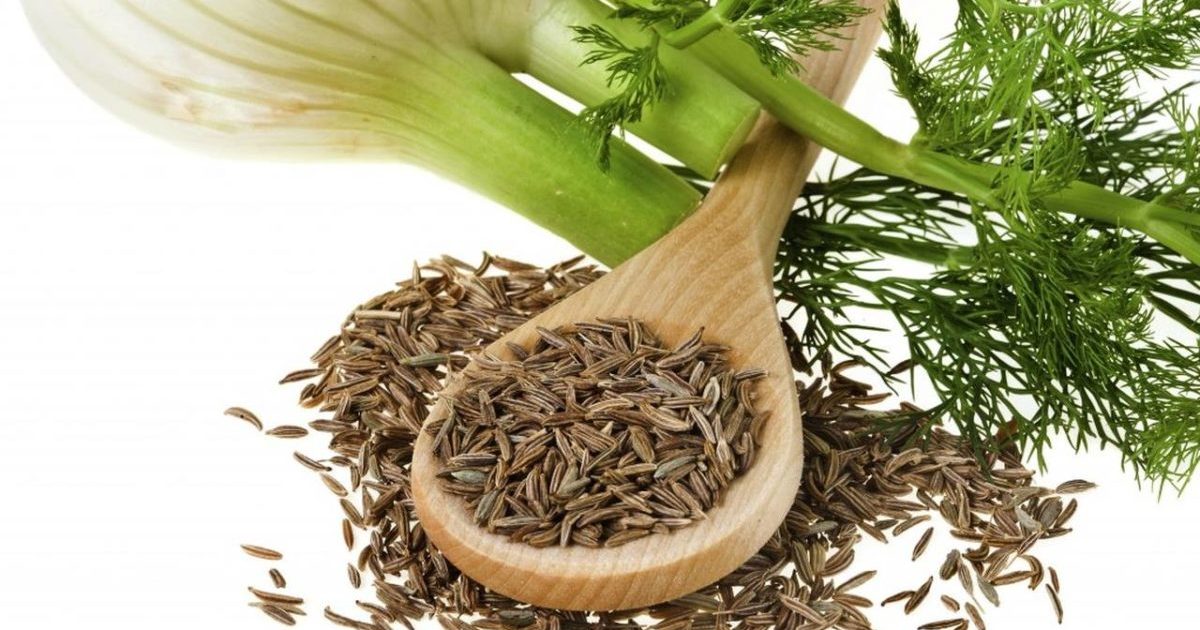 Fennel - beneficial properties and contraindications
Fennel - beneficial properties and contraindications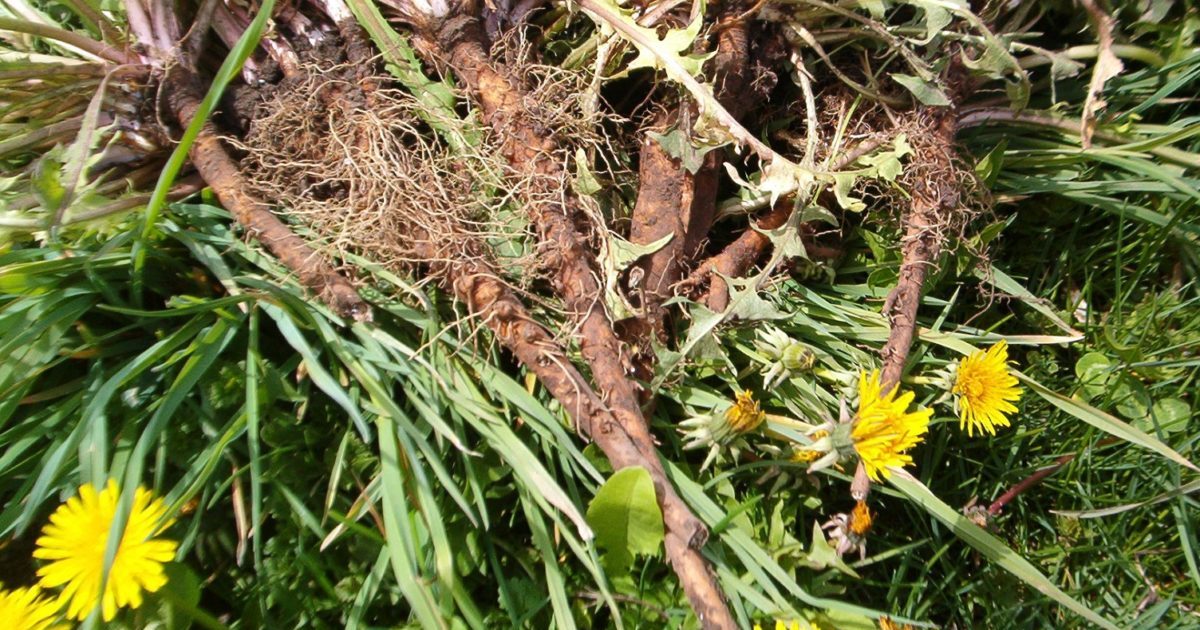 Dandelion Root - Health Benefits and Contraindications
Dandelion Root - Health Benefits and Contraindications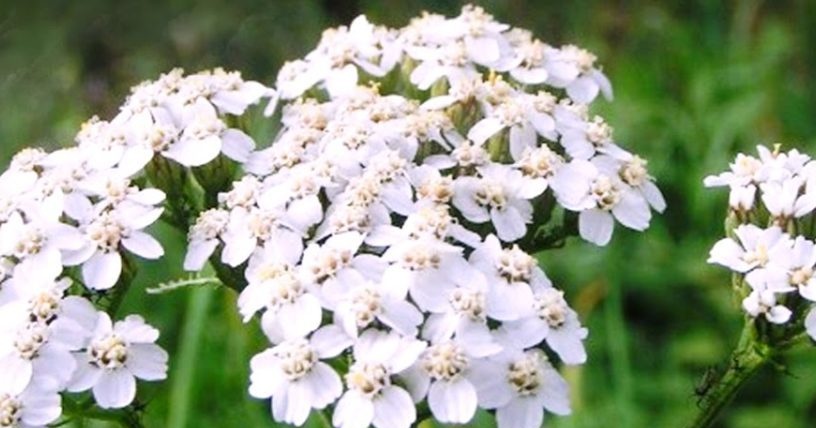 Yarrow - beneficial properties and contraindications for health
Yarrow - beneficial properties and contraindications for health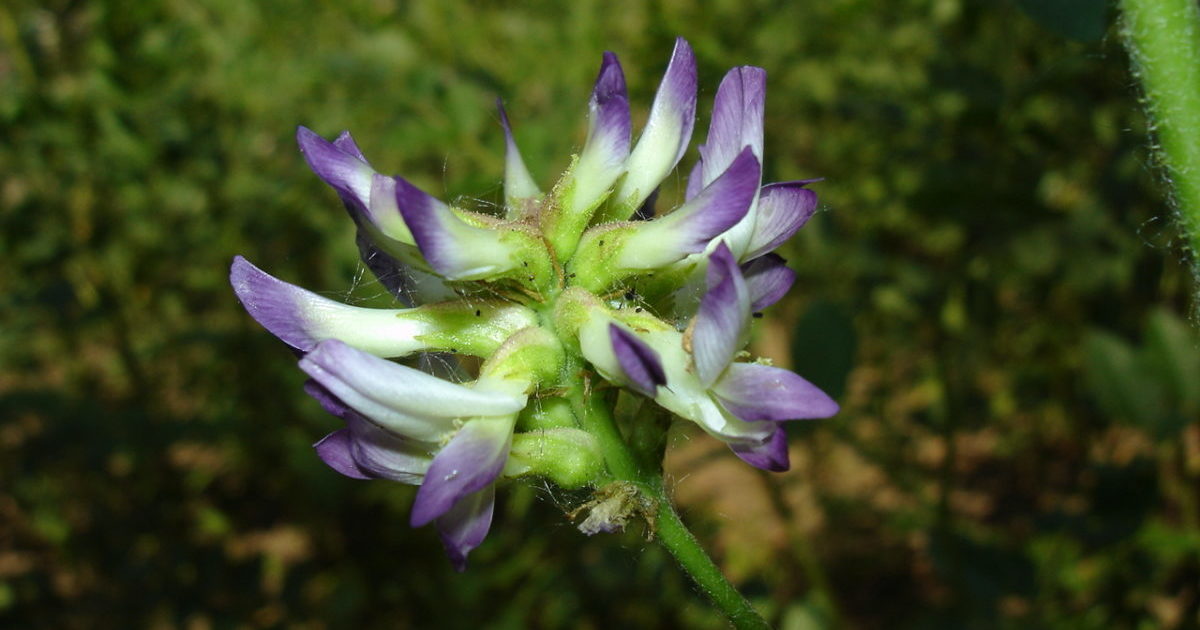 Licorice - beneficial properties and contraindications for health
Licorice - beneficial properties and contraindications for health